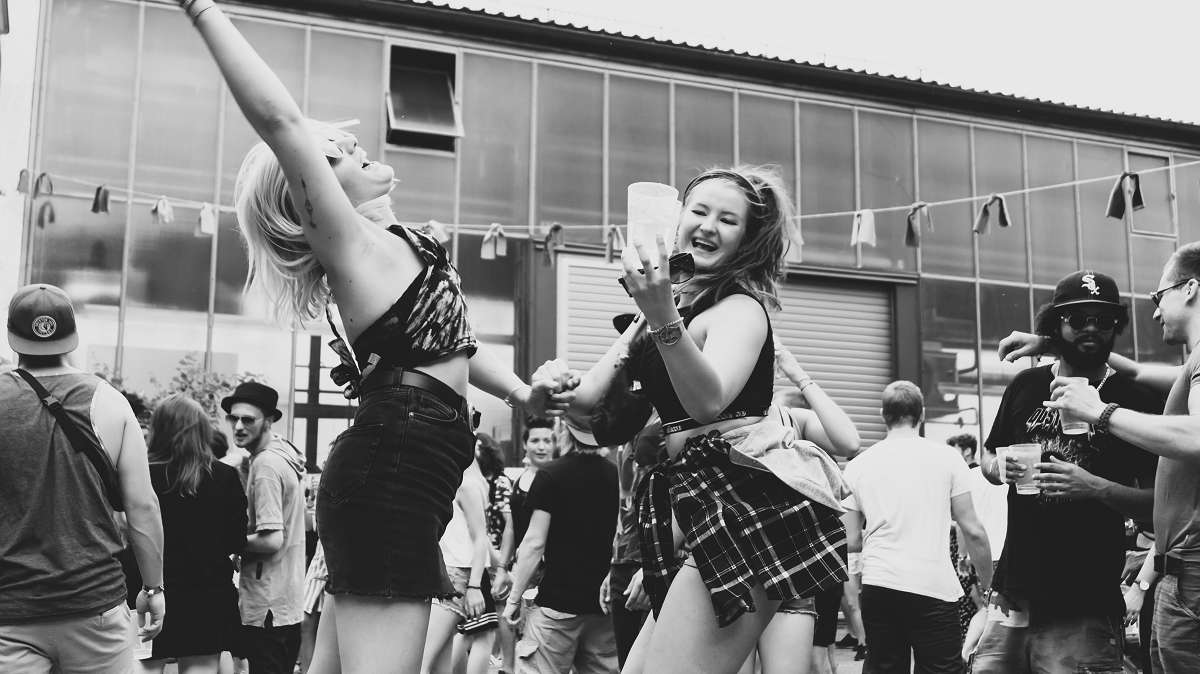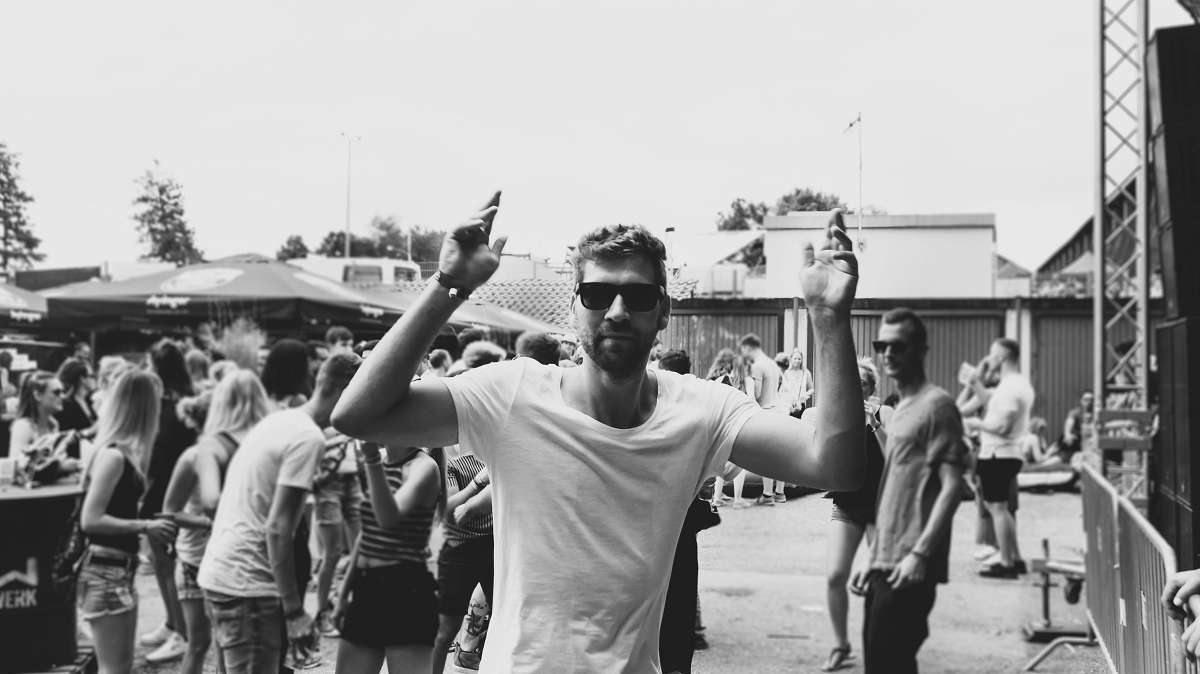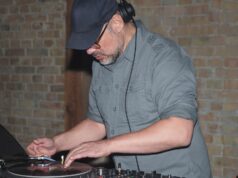At first it was a rumor. Then one cancellation. Then three. Then thirty.
Sónar Festival in Barcelona is currently being dissected publicly — and for once not because of its lineup or the TikTok-techno boom, but because of its investors. More specifically: because of KKR. And suddenly, it’s not just the schedule that’s burning, but the entire ethical framework.
Over the past few days, a festival has shown how thin the air has become between capital and conscience. Sónar once stood for avant-garde. Now it’s a synonym for boycott. Over thirty artists have pulled out, because the promoter belongs to a financial giant that does business with Israel. The wave is rolling fast — but also sideways. Because right now, the line between real protest and symbolic Intifada cosplay is dissolving. And anyone criticizing both ends up standing alone. Just like after October 7th. Especially in Berlin. You were either an Intifada cosplayer or a genocide lover. Hashtag #DEEPRIFTS. And there you are, caught in the middle, exhausted by the endless calls for cancel culture — but also allergic to the industry that’s hollowing out our „culture“ for profit.

KKR — sounds like a Berlin techno label, but it’s every financial advisor’s wet dream. Kohlberg Kravis Roberts is a US-based private equity giant with over 500 billion dollars in assets. Anything that prints money gets bought: oil, highways, apartment blocks. And festivals.
Through its subsidiary Superstruct, KKR now owns a whole bag of events: Sónar, Sziget, Defqon, Mysteryland, Parookaville. Sounds like Booking.com for ravers — but it’s basically a spreadsheet with strobes. And yeah, you start wondering where you still want to be listed as a media partner.
Why are they doing it? Because festivals scale well — when you compress subculture into brand DNA. And when you want return on investment instead of relevance. How much do they make? In theory: millions for cities, brands, and management. In practice: the small ones die, the big ones belong to funds.
What pisses me off is this: many of these festival boycotts are no longer just against corporate cash — they’re tipping into symbolic politics. Instead of anti-capitalism, we get kufiya posturing and slogans like “Free Palestine from German Guilt” — as if this were all just a cosplay workshop for leftist awakening fantasies.
Let’s say it clearly: antisemitism in progressive disguise isn’t a statement — it’s betrayal.
Yes, I’m against KKR. Yes, I want to decouple culture from corporate control.
But if at the same time you’re spreading antisemitic codes or bathing in Intifada rhetoric, you’re not part of the solution — you’re part of the problem. (Even though that phrase is annoying as hell by now.)
I don’t want to be in the same boat with people shouting anti-capitalism but knowing nothing about history. People who claim to fight for justice but worship scapegoats. Who paint themselves as leftist but ignore Jewish perspectives.
I’m not here for applause from one camp or the other. I’m here because I’m tired of tribal logic. I think boycotting Sónar was consistent. KKR has no place in the club context. When festivals become portfolios, culture dies. But I refuse to align with a scene that thinks anti-capitalism only works in a keffiyeh and camo pants. That believes one legitimizes the other. I don’t want a substitute religion called cancel culture. And I don’t want business-as-usual DJs getting slotted into BlackRock-insured lineups for 50k a pop.

What’s left when everyone cancels?
What remains when thirty acts drop out, the capital owner stays silent, and the club discourse vanishes in white noise?
I want festivals that are free — from corporate interests and from messianic delusions.
I want promoters who know that booking isn’t a revolutionary act — but it still carries responsibility.
I want artists who understand that integrity is more than a rider clause.
And yes, I want KKR to be named.
And I want the codes being normalized right now to be named — especially by those claiming to fight for justice while trampling others underfoot.
Club culture used to be more than a lineup.
It was a space for difference, care, contradiction.
Maybe we can get back there — if we dare to think straight instead of swimming with the echo chamber du jour.
Maybe this isn’t even about Sónar. Or boycott. Or KKR.
Maybe all of this is just a symptom of something deeper.
Techno can’t be reclaimed.
The first wave of commercialization made it big.
The second wave professionalized it.
But the third — the current one — has hollowed it out.
What’s sold as techno today is often just EDM with a moody Instagram filter.
Booking decisions are driven by reach.
Agencies cast DJs like influencers.
The sound is a backdrop for content.
The lineup is a KPI — not a conviction.
Clubs became mid-sized businesses.
Festivals became investment portfolios.
And those who are truly radical today? They’re often silent. Invisible. Offline.
In basements without sponsors. In places where the Wi-Fi drops out.
I don’t believe we can get it back.
But I believe we have to name it.
So that at least one thing remains: memory.
And maybe — someday — the courage to build something different again.








